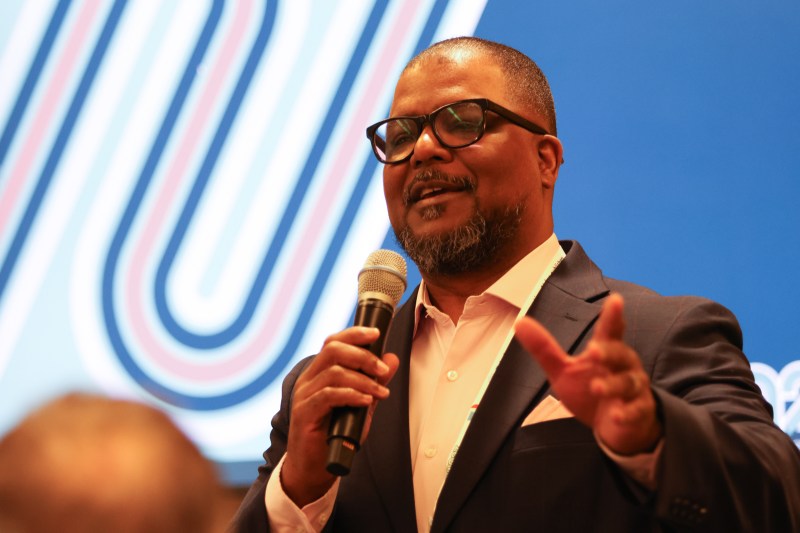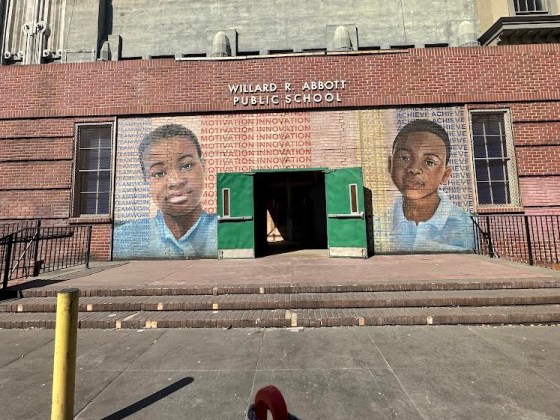The 2024 election cycle will provide new challenges to election coverage with the continued growth of the internet, overcoming misinformation and certain groups’ lack of access to accurate information.
The Online News Association conference tackled the topic of election coverage during the week that included the first GOP debate and former President Donald Trump surrendering himself to a jail in Georgia.
The “typical” steps of running a campaign have greatly evolved, including candidates having more power to bypass the news media and directly reach out to voters via social media,” said Leroy Chapman, editor-in-chief of the Atlanta Journal-Constitution, which Thursday hosted a breakfast discussion.
Chapman talked about the challenges and responsibilities journalists face in this modern election cycle and political climate.
“The idea that you have to go to certain steps in order to be a candidate, out the door,” he said. “The idea that you have to go to those early voting states, yes, they’re important, but maybe they’re not as important when you’ve got someone who has 57 percent of the Republican vote right now and doesn’t even have to debate.”
Chapman said journalists are working in a “misinformation society.”
Audiences can search for information quickly, but anyone can present their opinion as fact and spread misinformation with ease. Chapman called on attendees to not take this issues lightly.
“As journalists, we have to adapt, because no longer are we the gatekeepers of information,” he said.
Chapman emphasized that Georgia is a microcosm of the nation and can teach us lessons in election coverage. There are strong political divisions, diversity and a mix of city, rural and coastal areas. And, as in several other parts of the country, Georgia’s suburbs will be “decisive” in upcoming elections.
“The suburbs that used to be overwhelmingly white, are now pretty diverse,” Chapman said. “And not only are they pretty diverse, what we’ve seen in metro Atlanta is the politics have followed.”
The conference also hosted a panel on Thursday, featuring Every Voice, Every Vote, a Philadelphia-based initiative focused on providing information and access to all of the city’s populations. The initiative brings together a variety of news and community organizations to ensure accurate and useful information is being shared in the region to educate voters.
“Democracy is not a spectator sport,” Will Gonzalez of Ceiba, a nonprofit promoting economic development for the Latinx community, said.
Efforts have included taking election related coverage beyond the politics desk at The Philadelphia Inquirer, providing resources in multiple languages, messaging across multiple platforms and supporting a variety of forums for political candidates to interact with the community.
“When Philadelphians from all communities are civically engaged, when the local media provides sustained focus on the issues that communities say are important and when those decisions are based on people and not politics, faith in democracy can begin to be restored,” said Shawn Mooring, of The Lenfest Institute for Journalism.






